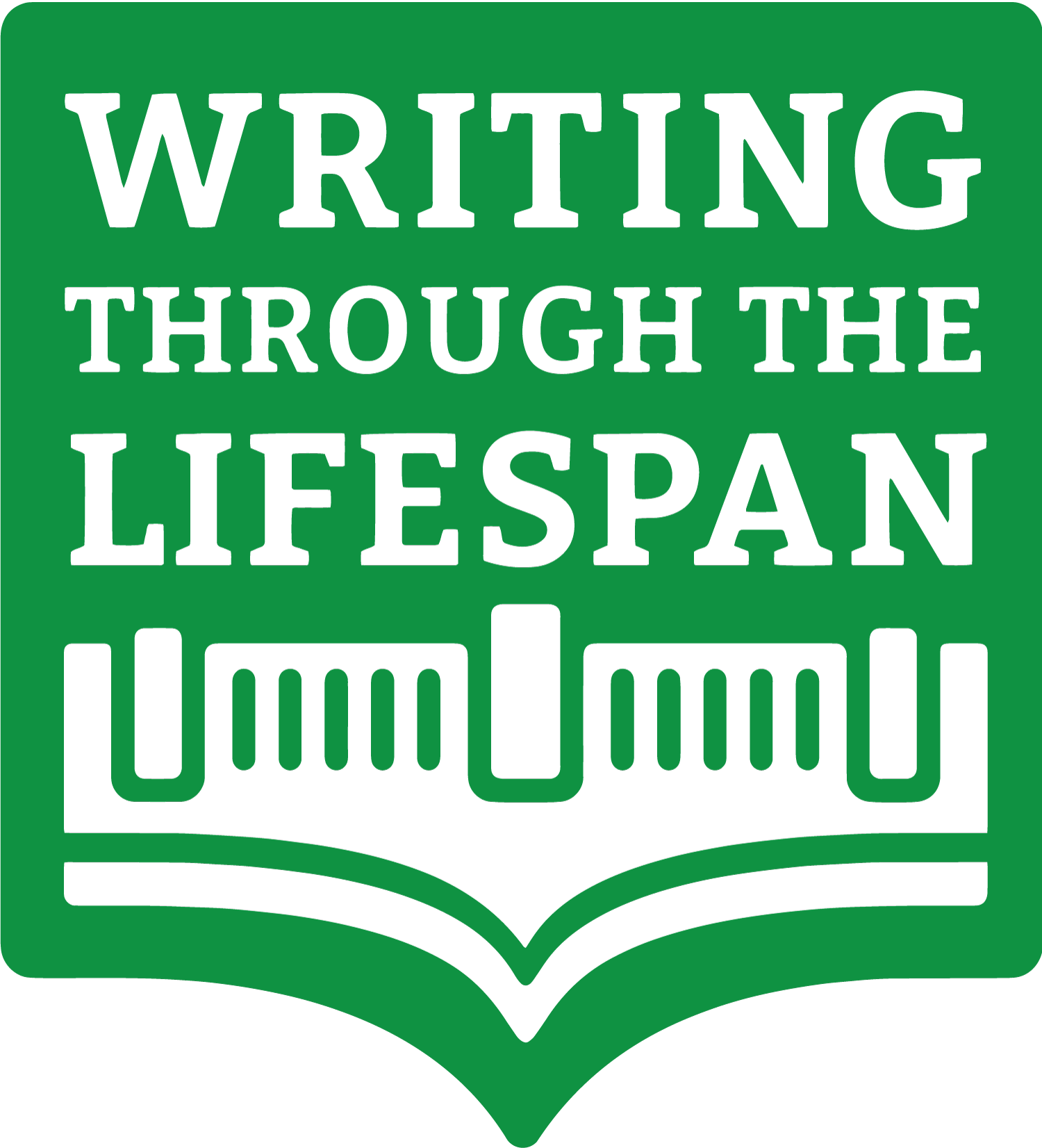‘You’ve Got Memory’—Inventing Memoir Across Generational Publics
Hampl’s dynamic encounter with life-writing in ‘Memory and Imagination’ echoes the Lifespan Collaboration principle that, “(w)riting can develop across the lifespan as part of changing contexts”(Bazerman et al 2). As researchers of both Lifespan and New Literacy approaches argue, these shifting contexts give writers vibrant pathways and responsive tools, ways to orient and share meanings among others.
But how do these ‘changing contexts’ consider a writer’s work with the social? How might a writer’s desire for social exchange influence their writing invention, particularly their efforts to re-imagine ‘life-worlds’—their own, and those they write with? (Dippre and Phillips 2020)
These questions arose after observing snapshots of interacting ‘life-worlds’ in a community-based course, The Rockbridge Memoir Project, which I’ve developed over three years for English ‘Fieldwork’ at Virginia Military Institute. In ten-week workshops, cadet and community writers from three generations--ages 13 to 90--invent, share and publish life-stories for public readings and print anthologies. Using dialogic approaches from social literacy theorists such as philosopher Maxine Greene, I explore how writers’ interactions invent “new conditions and (social) structures” (Greene 55). My hope for this ‘Works in Progress’ talk is to invite ideas that unpack memoir’s interactive, social vocabulary, particularly how writers’ experience intention, audience and reciprocity.
Bazerman, Charles, et al. “Towards an Understanding of Writing Development Across the Lifespan”. Lifespan Group Full Statement, 2018.
Dippre, Ryan J. and Phillips, Talinn. “Murmurations.” Introduction to 2020 Lifespan Conference.
Greene, Maxine. Essays on Education, the Arts and Social Change. San Francisco: Jossey Bass, 1995.
Hampl, Patricia. ‘Memory and Imagination’ in I Could Tell You Stories. NY: WW Norton, 2000.
All are welcome to attend! Email lifespanwriting [@] gmail.com for meeting link. All WIP are posted in Eastern Standard (or Daylight) Time.
